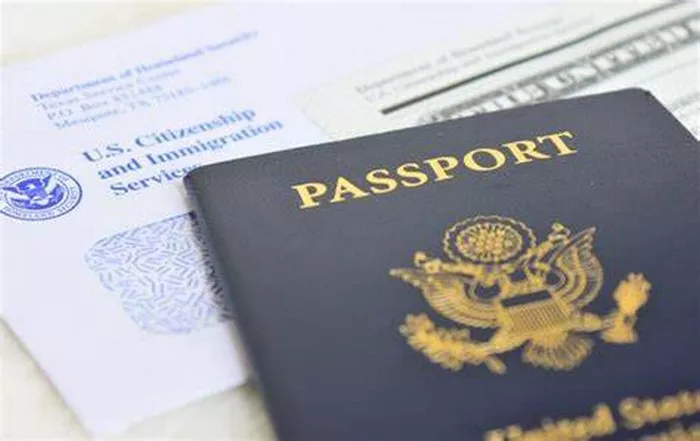The United States has long been a beacon for talent from around the globe, attracting individuals with exceptional skills and abilities across various fields. Among the many visa options available for foreign nationals seeking to work in the U.S., the O-1 visa stands out as a prestigious option reserved for individuals with extraordinary talent or achievement in their respective fields. This article delves into the intricacies of the O-1 visa, exploring who qualifies for this sought-after visa category and the requirements applicants must meet to obtain it.
Understanding the O-1 Visa
The O-1 visa is a non-immigrant visa category designed for individuals who possess extraordinary ability in the sciences, arts, education, business, or athletics, or who have demonstrated a record of extraordinary achievement in the motion picture or television industry and have been recognized nationally or internationally for those achievements. It is divided into two subcategories: the O-1A visa for individuals with extraordinary ability in the sciences, education, business, or athletics, and the O-1B visa for those with extraordinary ability in the arts or extraordinary achievement in the motion picture or television industry.
Qualifying Criteria for the O-1 Visa
To qualify for an O-1 visa, an applicant must meet specific criteria established by the U.S. Citizenship and Immigration Services (USCIS). These criteria vary slightly between the O-1A and O-1B subcategories but generally include the following:
Extraordinary Ability or Achievement: The applicant must demonstrate extraordinary ability or achievement in their field through sustained national or international acclaim. This can be evidenced by receiving major awards or prizes, membership in prestigious organizations, or recognition from experts in the field.
Specific Criteria for O-1A Visa:
Receipt of a major internationally recognized award, such as a Nobel Prize.
Documentation of at least three of the following:
Receipt of nationally or internationally recognized prizes or awards for excellence in the field.
Membership in associations that require outstanding achievements.
Published material in professional or major trade publications or major media about the applicant’s work.
Original scientific, scholarly, or business-related contributions of major significance in the field.
Authorship of scholarly articles in professional journals or other major media.
High salary or other significantly high remuneration for services in relation to others in the field.
Participation on a panel, or individually, as a judge of the work of others in the same or in a field of specialization.
Employment in a critical or essential capacity for organizations and establishments that have a distinguished reputation.
Specific Criteria for O-1B Visa:
Documentation of extraordinary achievement in the motion picture or television industry through a record of major, internationally recognized achievements, such as nominations or awards.
Evidence of at least three of the following:
Leading or starring in productions or events with a distinguished reputation.
Receipt of significant recognition for achievements from organizations, critics, government agencies, or other recognized experts in the field.
A record of commercial success in the performing arts, as shown by box office receipts or sales.
Critical reviews or other published material about the applicant’s work in major newspapers, trade journals, magazines, or other publications.
Evidence of performance in a leading or critical role for organizations and establishments with a distinguished reputation.
Employment Sponsorship and Advisory Opinion
In addition to meeting the criteria outlined above, O-1 visa applicants must have a job offer from a U.S. employer who will serve as their sponsor. The employer must file a Form I-129, Petition for Nonimmigrant Worker, on behalf of the applicant with the USCIS.
Furthermore, for both O-1A and O-1B visas, the applicant must obtain an advisory opinion from a peer group, labor organization, or management organization in the field of expertise. This advisory opinion serves to confirm the applicant’s extraordinary ability or achievement and is submitted as part of the visa application process.
The Role of the O-1 Visa Attorney
Navigating the complexities of the O-1 visa process can be daunting, requiring a thorough understanding of immigration law and procedures. Many applicants choose to work with an experienced immigration attorney who specializes in O-1 visas to guide them through the process. A knowledgeable attorney can help applicants gather the necessary documentation, prepare the petition, and navigate any challenges that may arise during the application process.
Conclusion
The O-1 visa offers a pathway for individuals with extraordinary talent or achievement to live and work in the United States temporarily. By meeting specific criteria and obtaining sponsorship from a U.S. employer, qualified applicants can pursue opportunities to further their careers and contribute to their respective fields in the U.S. However, navigating the O-1 visa process can be complex, and applicants are encouraged to seek guidance from experienced immigration professionals to maximize their chances of success.


